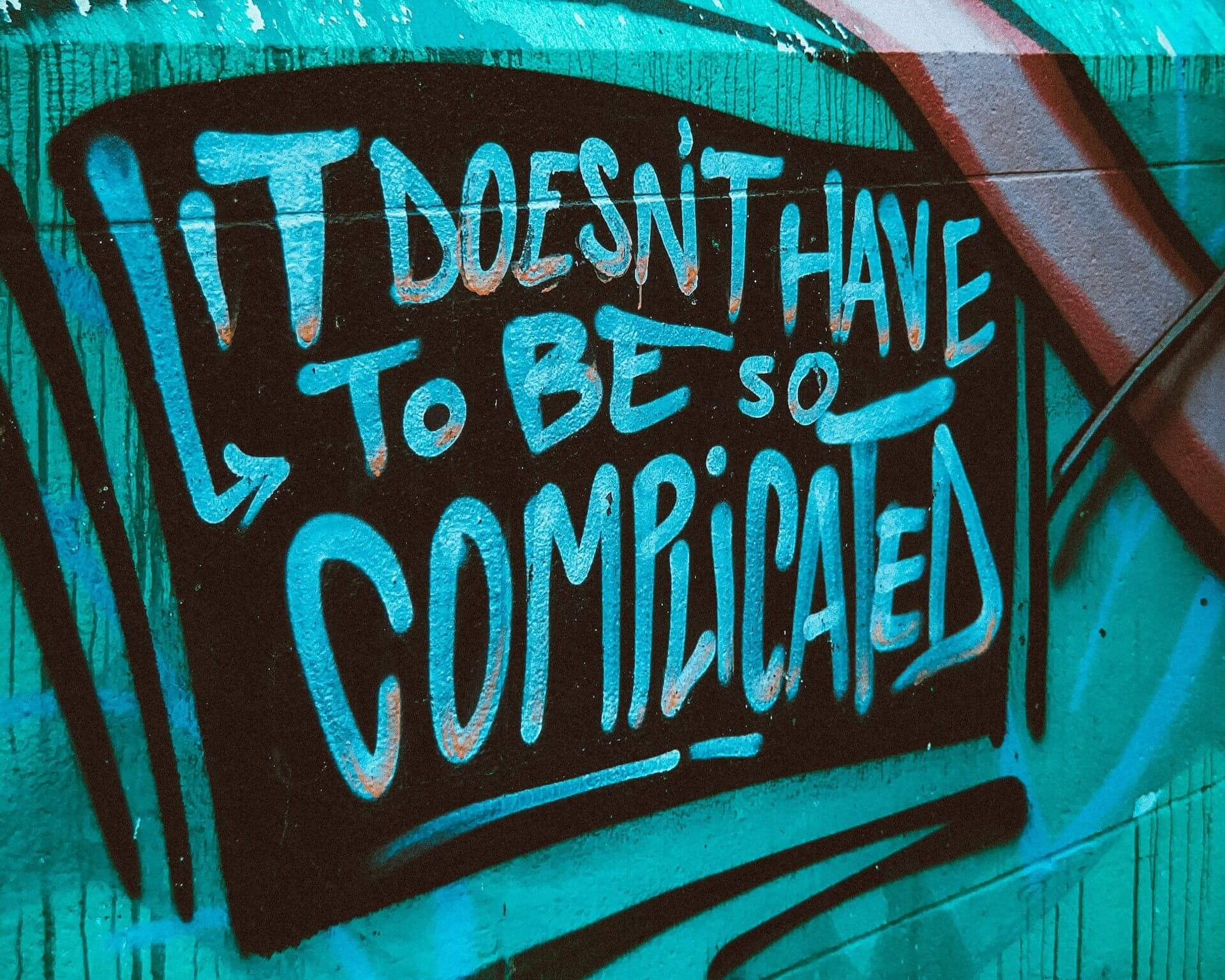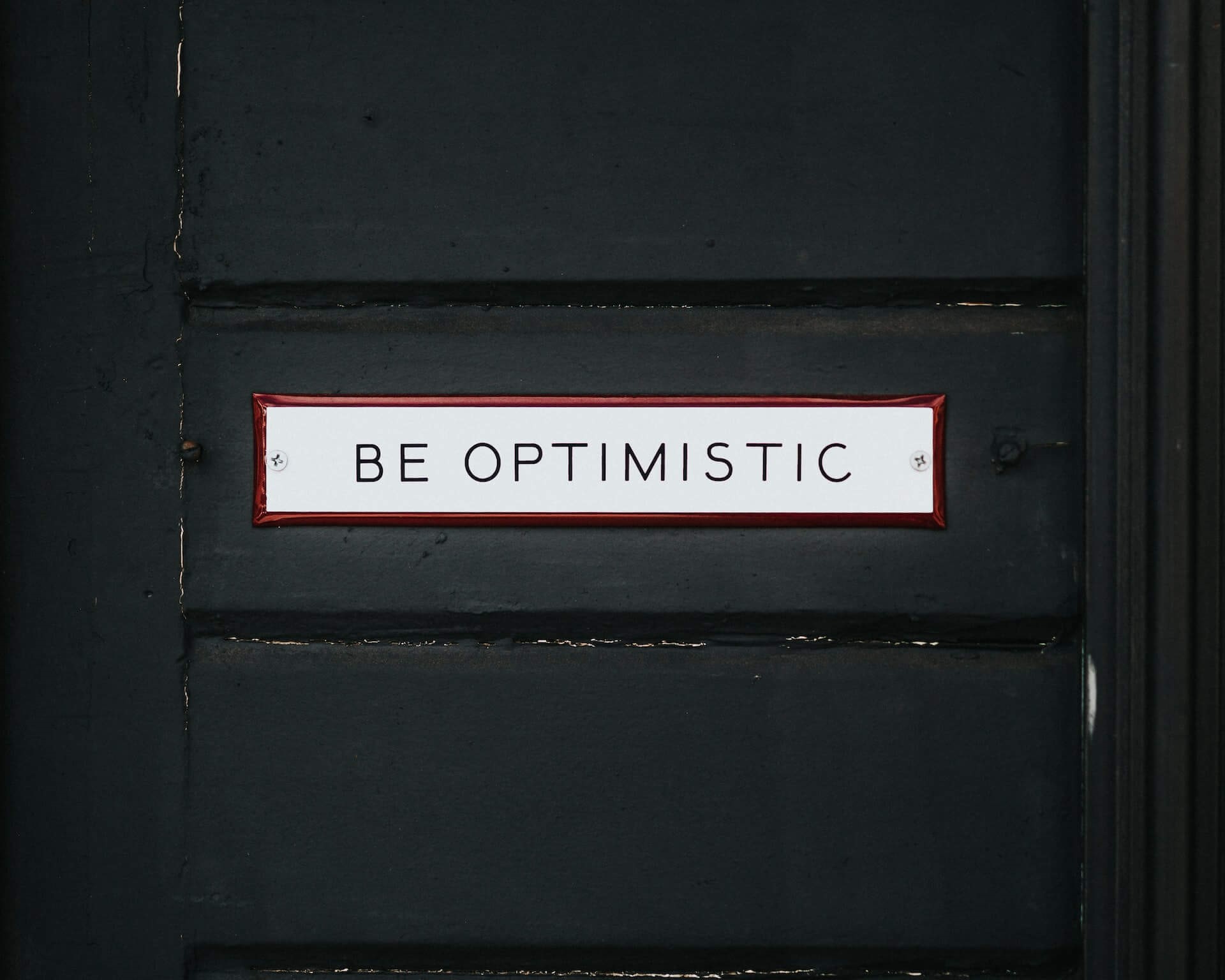The Modern Approach to Systems: Part 1
by Doug Radkey

Must be a magician.
In the hospitality industry, where guest satisfaction and operational efficiencies are paramount, systematic strategies are essential for maintaining a high-level of excellence.
Whether you’re running a high-end cocktail bar, a fast-casual restaurant, or an elevated boutique hotel, the intricacies of daily operations demand a structured approach to ensure smooth functionality, and exceptional service delivery.
After walking through this approach recently with a client, I thought it would be a great opportunity to introduce you to two powerful methodologies that have transformed businesses worldwide: the Kaizen methodology, and Six Sigma strategies. We use both of these approaches with all our clients at KRG Hospitality because they offer comprehensive frameworks for achieving operational excellence through continuous improvement and efficiency.
Kaizen, with its focus on incremental changes and fostering a culture of constant innovation, and Six Sigma, with its emphasis on reducing variability and enhancing quality, provide invaluable tools for those in this industry.
By exploring their application in bars, restaurants, and hotels, I am going to highlight how these systematic strategies can elevate guest experiences, and create a culture of excellence that will help improve nearly every aspect of your business.
Understanding Kaizen
Kaizen is a Japanese term that translates to “change for the better,” or “continuous improvement.” It represents a philosophy that emphasizes small, incremental changes to processes, products, or services rather than large-scale transformations.
This approach fosters a culture of constant improvement, encouraging everyone in an organization to contribute to enhancing efficiency and quality.
The concept of Kaizen originated in post-war Japan, where it was developed as a response to the need for rapid industrial growth and efficiency. It gained widespread recognition and was popularized by Toyota’s production process, known as the Toyota Production System (TPS).
Toyota implemented Kaizen principles to streamline its manufacturing processes, reduce waste, and improve overall quality. Ultimately, this approach played a crucial role in establishing the company as a global leader in the automotive industry today.
The Core Principles of Kaizen
- Focus on Incremental Changes and Continuous Improvement: Kaizen emphasizes making small, manageable changes regularly rather than waiting for major breakthroughs. This approach allows for the constant refinement and improvement of processes, leading to significant compounded gains over time. Seeking better ways to do things continuously helps organizations stay agile, and respond to changes in the market or industry quickly.
- Emphasis on Teamwork and Employee Involvement: A key aspect of Kaizen is the active involvement of all employees, from top management to frontline workers. Everyone is encouraged to identify areas for improvement, and to contribute ideas. This inclusive approach fosters a sense of ownership and accountability, as employees at all levels feel empowered to make meaningful changes. Teamwork is essential in Kaizen, as collaboration and open communication enable the sharing of knowledge and best practices.
- A Culture of Continuous Learning: Kaizen promotes a learning-oriented culture in which employees are encouraged to develop their skills and knowledge continuously. This focus on education and training helps create a workforce that is adaptable and capable of implementing improvements. By cultivating a mindset of curiosity and openness to new ideas, organizations can foster innovation, and sustain long-term growth.
The Plan-Do-Check-Act Cycle
The PDCA cycle, also known as the Deming Cycle, is a foundational tool in the Kaizen methodology. It provides a structured framework for implementing changes, and ensuring their effectiveness. The cycle consists of four stages:
-
- Plan: Identify an area for improvement, set objectives, and develop an action plan.
- Do: Implement the plan on a small scale, testing the proposed changes.
- Check: Evaluate the results of the implementation, comparing against objectives.
- Act: Based on the evaluation, make necessary adjustments, and standardize the successful changes. If the results are not satisfactory, revisit the Plan stage, and repeat the cycle.
The PDCA cycle is a continuous loop that encourages organizations to keep refining their processes, and strive for excellence continuously. It ensures that improvements are data-driven and based on careful analysis, reducing the risk of failure, and increasing the likelihood of sustainable success.
Applying Kaizen to the Industry
By fostering a culture of efficiency, teamwork, and guest-centricity, Kaizen helps bars, restaurants, and hotels enhance their operations, and deliver exceptional guest experiences.
Here, I explore how Kaizen can be applied, using three key areas as examples.
Kaizen in Bars
Streamlining Bar Layout and Workflow: In a bar setting, the layout and workflow are crucial for ensuring quick service, and minimizing wait times. Kaizen encourages a meticulous examination of the bar’s physical layout, from the positioning of glassware and bottles to the arrangement of mixing stations and garnishes. By optimizing these elements, bars can reduce the time taken to prepare and serve drinks, leading to faster service, and increased guest satisfaction. For example, organizing the bar setup to minimize the distance bartenders need to travel can enhance efficiency significantly.
Continuous Menu Optimization: Guest preferences and trends in the beverage industry are evolving constantly. Kaizen’s principle of continuous improvement can be applied to menu optimization, where bars review sales data and guest feedback regularly to refine their offerings. By identifying popular drinks and experimenting with new mixes, bars can keep their menus fresh and appealing. Additionally, removing underperforming items helps streamline inventory and reduce waste, contributing to overall cost efficiency.
Enhancing the Guest Experience: Kaizen emphasizes the importance of guest interaction in creating a memorable experience. Regular staff training is vital to ensure that bartenders and servers are skilled in both mixology and guest services. Training sessions can focus on refining communication skills, upselling techniques, and handling guest questions more effectively. By fostering a welcoming and engaging atmosphere, bars can enhance satisfaction, and encourage repeat business.
Kaizen in Restaurants
Implementing Lean Kitchen Practices: In restaurants, the kitchen is the heart of operations. Kaizen can be applied to implement lean kitchen practices that minimize waste, and improve efficiency. This includes optimizing food preparation processes, standardizing portion sizes, and ensuring proper inventory management. By reducing unnecessary steps and streamlining workflows, restaurants can decrease preparation times, reduce food waste, and, ultimately, lower their food costs.
Refining Service Protocols: Refining service protocols regularly is essential for maintaining high standards of guest service. Kaizen encourages continuous evaluation and improvement of service procedures, from seating arrangements to cleaning protocols to table service. Restaurants can identify bottlenecks in service delivery by analyzing guest flow and feedback, and make necessary adjustments. For instance, optimizing the sequence of service can increase table turnover rates, allowing restaurants to serve more guests during peak hours, and maximize revenue.
Encouraging Staff Participation: A core tenet of Kaizen is the involvement of all employees in the improvement process. In restaurants, this means encouraging staff to identify operational challenges and propose solutions. Restaurants can tap into a wealth of boots-on-the-ground insights by fostering an inclusive environment in which employees feel valued and heard. Regular pre-shift meetings, team meetings, and one-on-ones can be effective platforms for gathering feedback and implementing changes. This participatory approach not only enhances operational efficiency but also boosts employee morale and engagement.
Kaizen in Hotels
Optimizing Housekeeping Processes: Housekeeping is, of course, a crucial component of hotel operations, impacting guest satisfaction directly. Kaizen can be applied to optimize housekeeping processes, ensuring timely room turnovers, and maintaining high cleanliness standards. This involves standardizing cleaning procedures, scheduling, and the use of cleaning supplies. Hotels can reduce the time required to prepare rooms for new guests by implementing efficient practices, improving occupancy rates, check-in times, and guest experiences.
Improving Front Desk Operations: The front desk is still the first point of contact for guests at many hotels, and it plays a crucial role in shaping a guest’s first impressions. Kaizen encourages continuous improvement in front desk operations, focusing on streamlining check-in/check-out processes, managing guest inquiries, and handling reservations. By leveraging technology and training staff, hotels can reduce wait times, enhance service accuracy, and provide personalized experiences. For example, implementing mobile check-in options can expedite the process and cater to tech-savvy travelers while freeing up time for staff to spend with guests who are not so tech-savvy.
Fostering a Culture of Hospitality and Attentiveness: Beyond operational efficiency, Kaizen promotes a culture of hospitality, and attentiveness among hotel staff. This involves training employees to anticipate guest needs, provide courteous service, and handle special requests with care. Hotels can cultivate loyalty and encourage positive reviews by creating a welcoming environment, and exceeding guest expectations consistently. Regular feedback loops, such as guest satisfaction surveys, can help hotels identify areas for improvement, and ensure that staff remain committed to providing exceptional service.
Takeaway
The application of Kaizen in bars, restaurants, and hotels leads to enhanced efficiency, improved service quality, and increased satisfaction.
By focusing on continuous improvement and involving all employees in the process, your business can create a dynamic and responsive environment that adapts to changing guest needs and market conditions. This commitment to excellence not only drives operational success but also strengthens your brand reputation, and guest loyalty.
To keep this from being too long, I’ve broken this article into two parts. Look for part-two on developing Six Sigma, and how combining both Kaizen and Six Sigma can take your business to new heights.
Image: DALL-E

Book Below to Setup a 30-Minute Complimentary Discovery Call and Request for Proposal.










